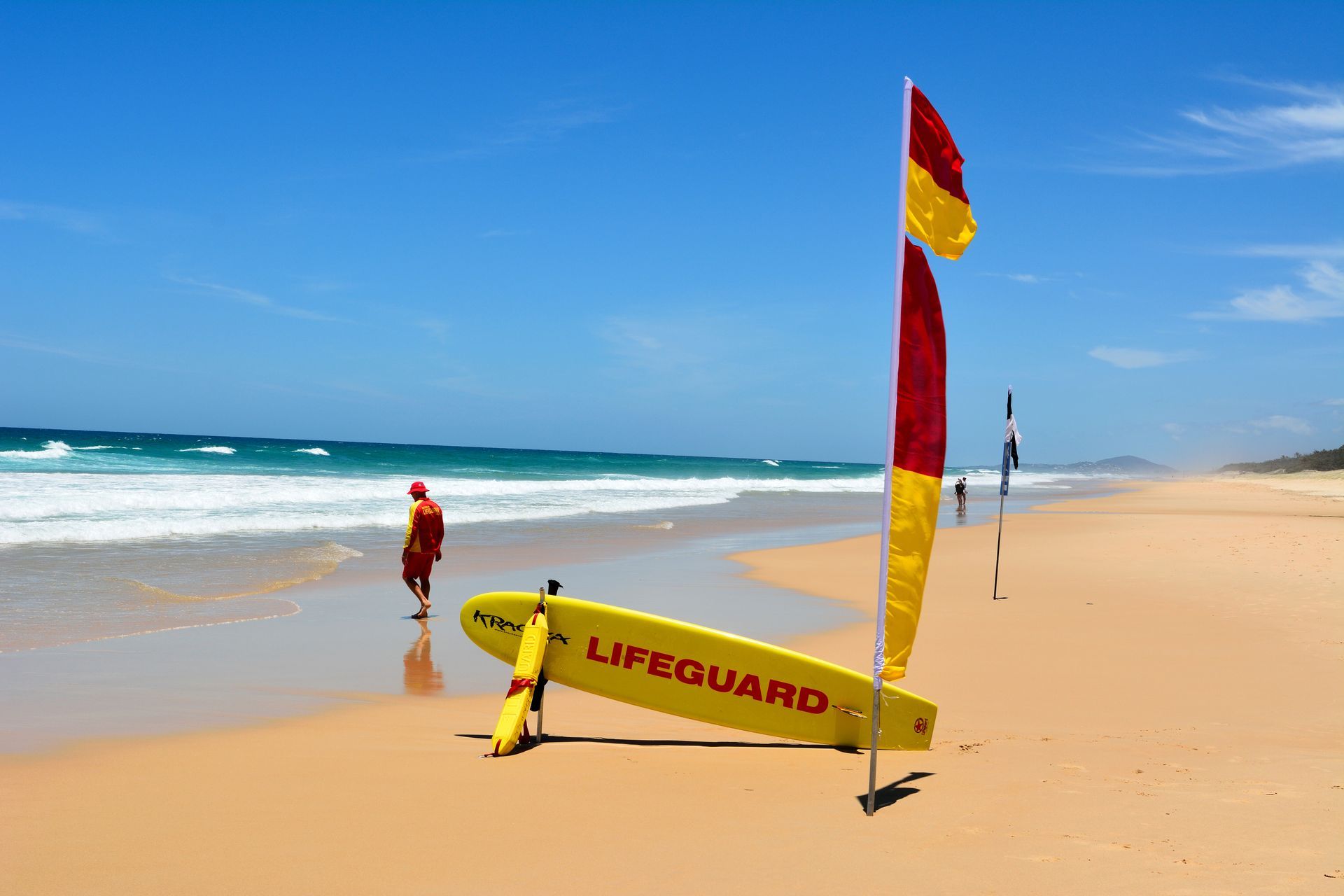Staying Safe Online

Staying Safe Online: How to Protect Yourself from Cyber Attacks
Recently, several major Australian superannuation funds, including AustralianSuper, Host Plus, Australian Retirement Trust, Rest and Insignia Financial were hit by a cyberattack. The attack used a technique called "credential stuffing," where criminals try old, stolen passwords on other websites — and it works more often than you'd think.
This incident is a powerful reminder that cyber threats aren’t going away — but there are simple and effective steps anyone can take to stay safer online.
1. Use a Password Manager
One of the best ways to protect yourself is by using a password manager. These handy tools create and store strong, unique passwords for every site you use. You only have to remember one master password — the manager does the rest.
Here are a few trusted password managers:
- 1Password – Easy to use and works across all your devices.
- Keeper – Strong security with a clean, user-friendly design.
- Bitwarden – A secure, affordable option that's open-source.
Once set up, a password manager can automatically fill in your logins, so you don't have to type anything (or remember anything) ever again. It’s not just about convenience — it's about keeping your information out of the wrong hands.
2. Turn On Two-Factor Authentication
Two-factor authentication (often called 2FA or MFA) adds an extra layer of protection. When you log into an account, it asks for your password and a second code - usually sent to your phone or generated by an app. Even if someone gets your password, they can’t get in without that second step.
Most banks, email services, and super funds offer this option, and it's worth turning on.
3. Watch Out for Scams and Fake Emails
Cybercriminals love to pretend to be banks, government departments, or even friends. They might send emails or texts asking you to “verify your account” or “click here for urgent information.” Always be skeptical of unexpected messages. Don’t click links or download attachments unless you’re absolutely sure they’re legitimate.
If something feels off, trust your instincts. It’s always better to double-check — ideally by contacting the company directly through their official website or phone number.
4. Keep an Eye on Your Accounts
Check your accounts regularly — especially your bank and super — for anything that doesn’t look right. Many scams start small, so catching something early can prevent problems down the line.
Cybersecurity might sound technical, but protecting yourself doesn’t have to be complicated. A few simple habits — like using a password manager, enabling two-factor authentication, and staying alert to scams — can make a world of difference. The tools are out there, and they’re designed to help make online life safer and easier for everyone.


Valo Wealth is committed to guiding you on your journey through an ever-changing landscape. With our unique approach to financial services, we aim to give you the clarity you need to make good financial decisions.









